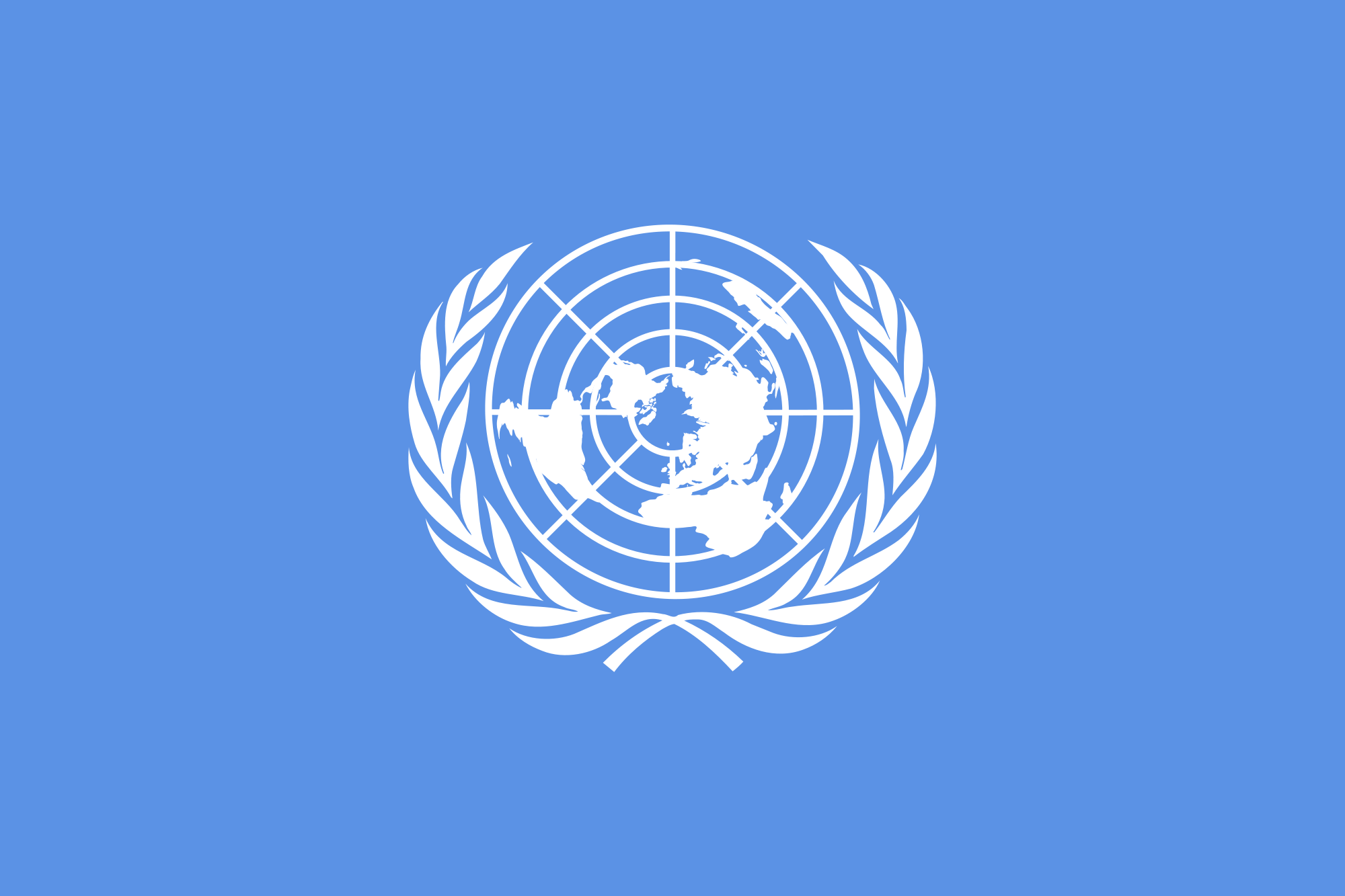-

30 June, 2020
EAG Member States took an active part in preparing information to the questionnaires on measures, good practices and challenges encountered by Member States in their implementation of international counter-financing of terrorism standards.
The published report contains analysis and findings based on States’ responses to the questionnaire. Its objective is to provide greater insight into measures taken by States to disrupt terrorism financing, including through effective implementation of measures required by the relevant Council resolutions. It also seeks to highlight the challenges encountered by States in disrupting the financing of terrorism.
Based on responses from 112 Member States, the report provides an overview of measures, good practices and challenges encountered by Member States in their implementation of international counter-financing of terrorism standards. The analysis of States’ responses reveals a comprehensive understanding of counter-financing of terrorism requirements, including the legal framework necessary for effective counterfinancing of terrorism measures, as well as the asset-freezing and sanctionsdesignation measures set forth in Council resolutions 1267 (1999) and 1373 (2001) and successor resolutions.
Most States consider that effectively disrupting terrorism financing will require more effective coordination mechanisms at both the national and international levels. Noting the relevance and potential effectiveness of United Nations sanctions measures, in particular, asset-freezing measures, States nonetheless expressed concern at the challenges posed by designation, and uneven implementation worldwide. S/2020/493 4/37 20-07426.
In addition to challenges relating to the detection of transactions through both the formal and informal financial systems, the most frequently cited challenges include the integration of financial intelligence into counter-terrorism efforts, a lack of enhanced and specialized investigative and enforcement capabilities, and a lack of legal frameworks to keep pace with the rapid evolution in financial tools and terrorismfinancing methods.

 Login to your account
Login to your account Eng
Eng Рус
Рус